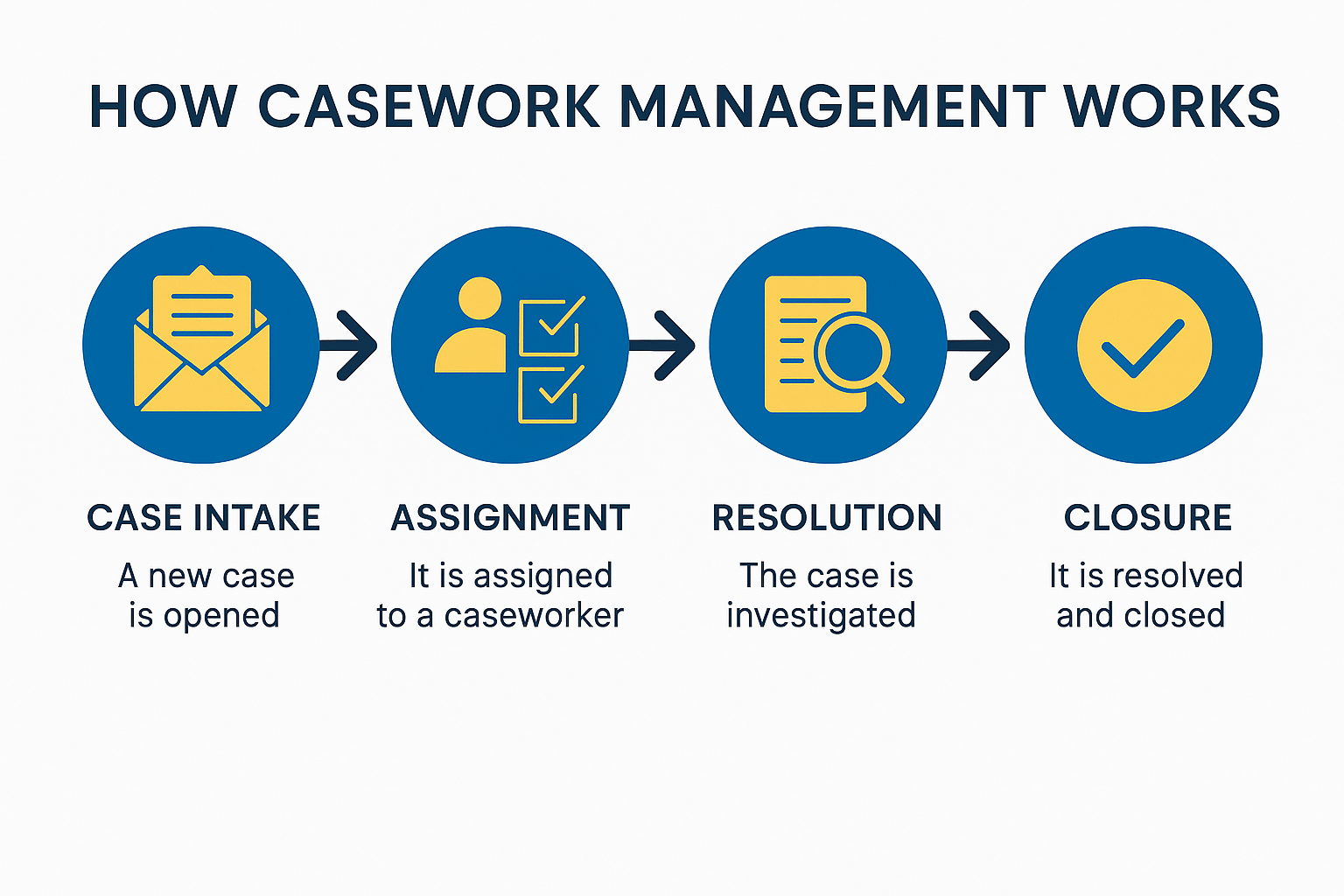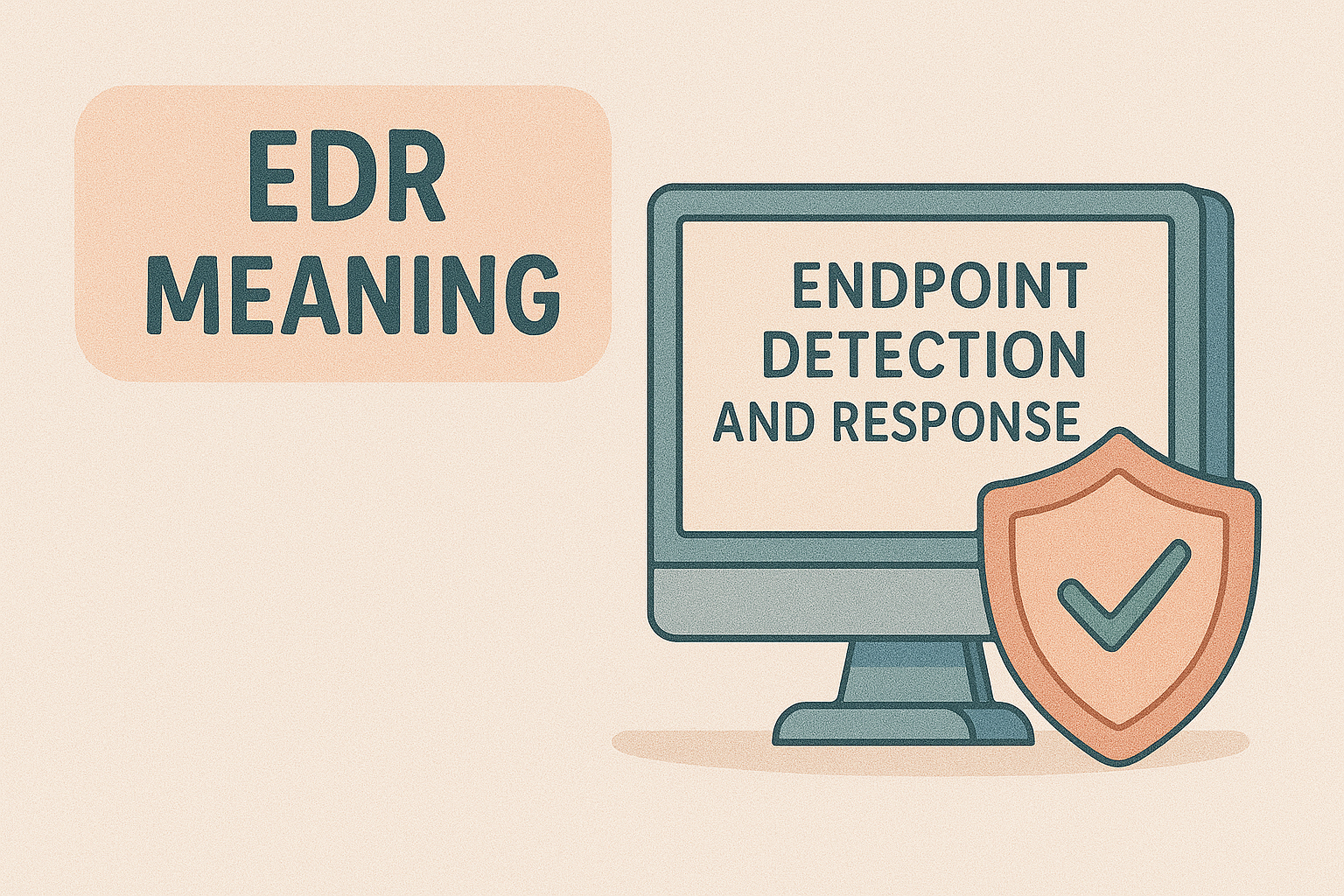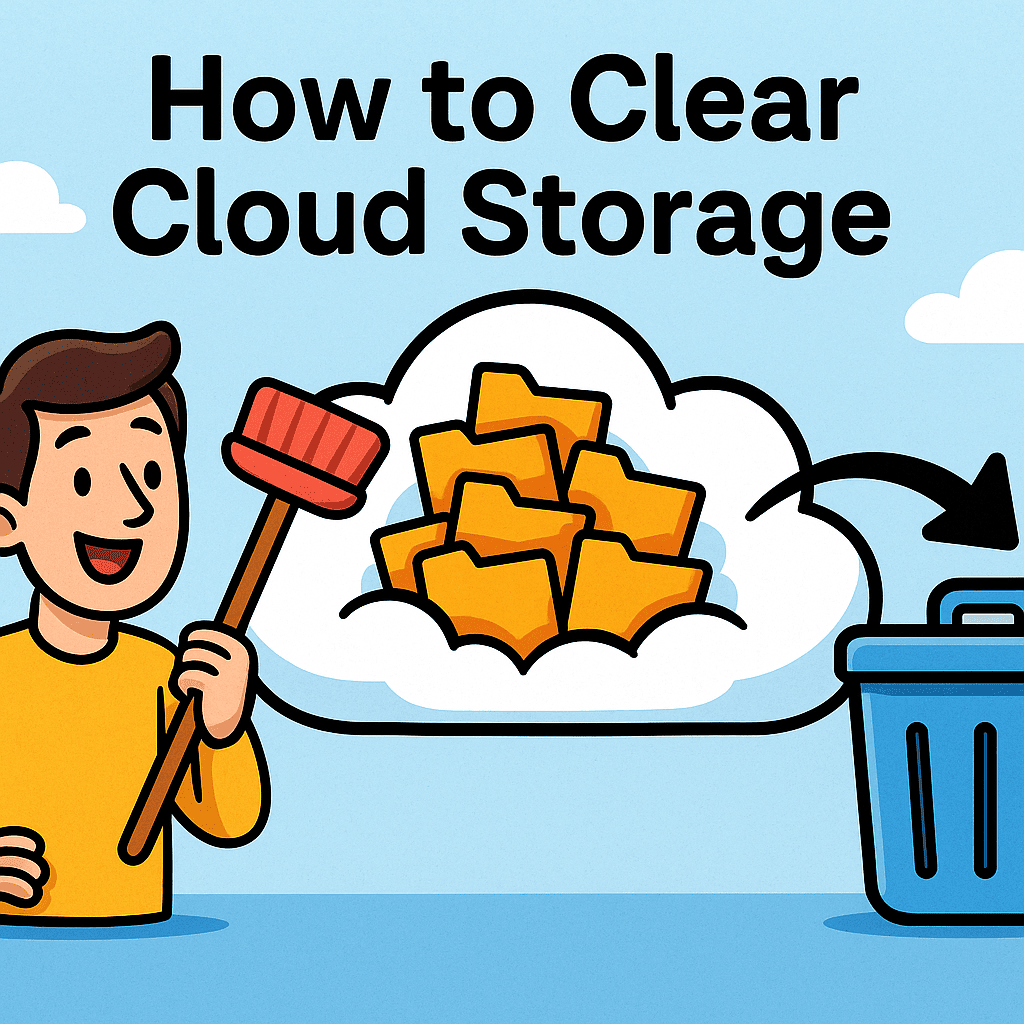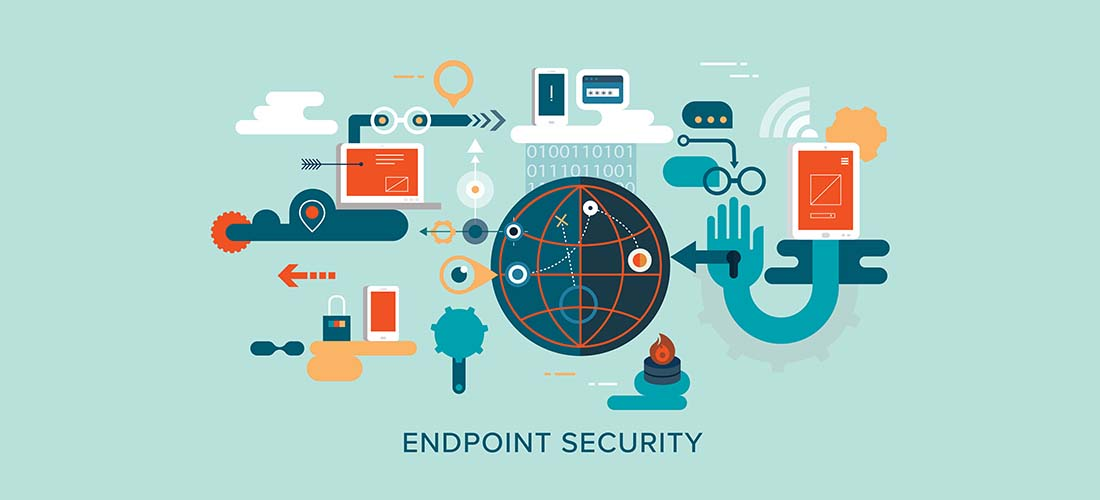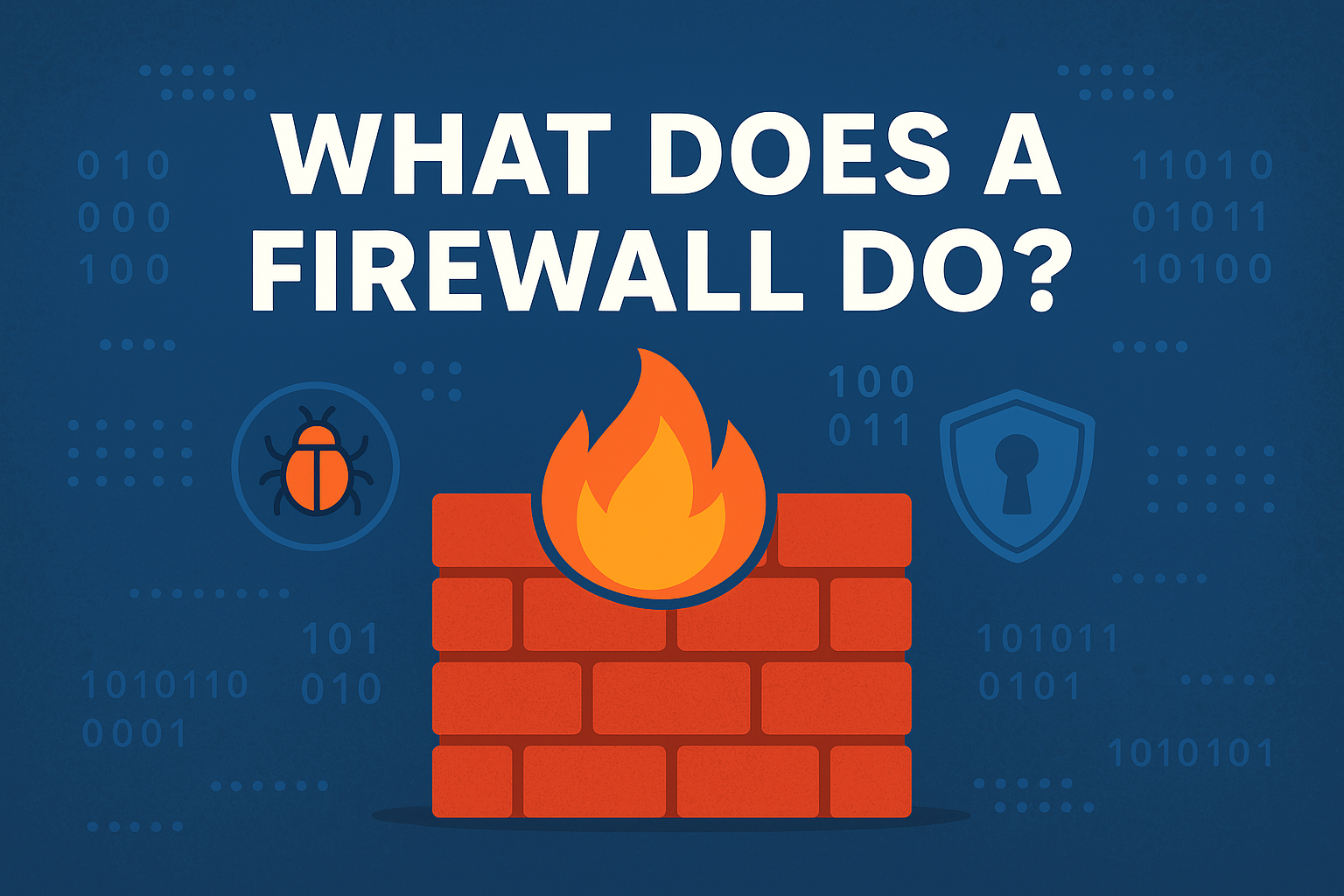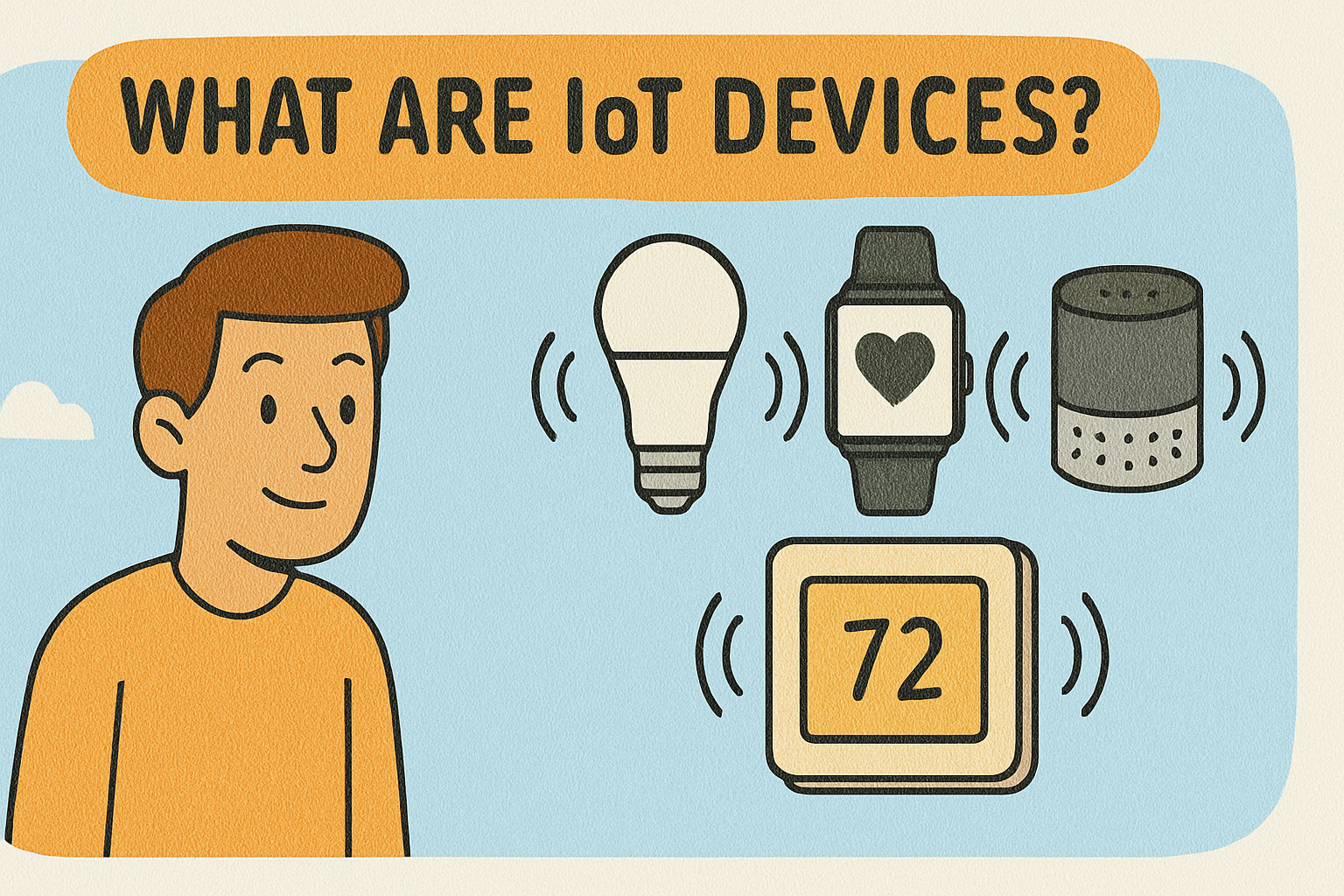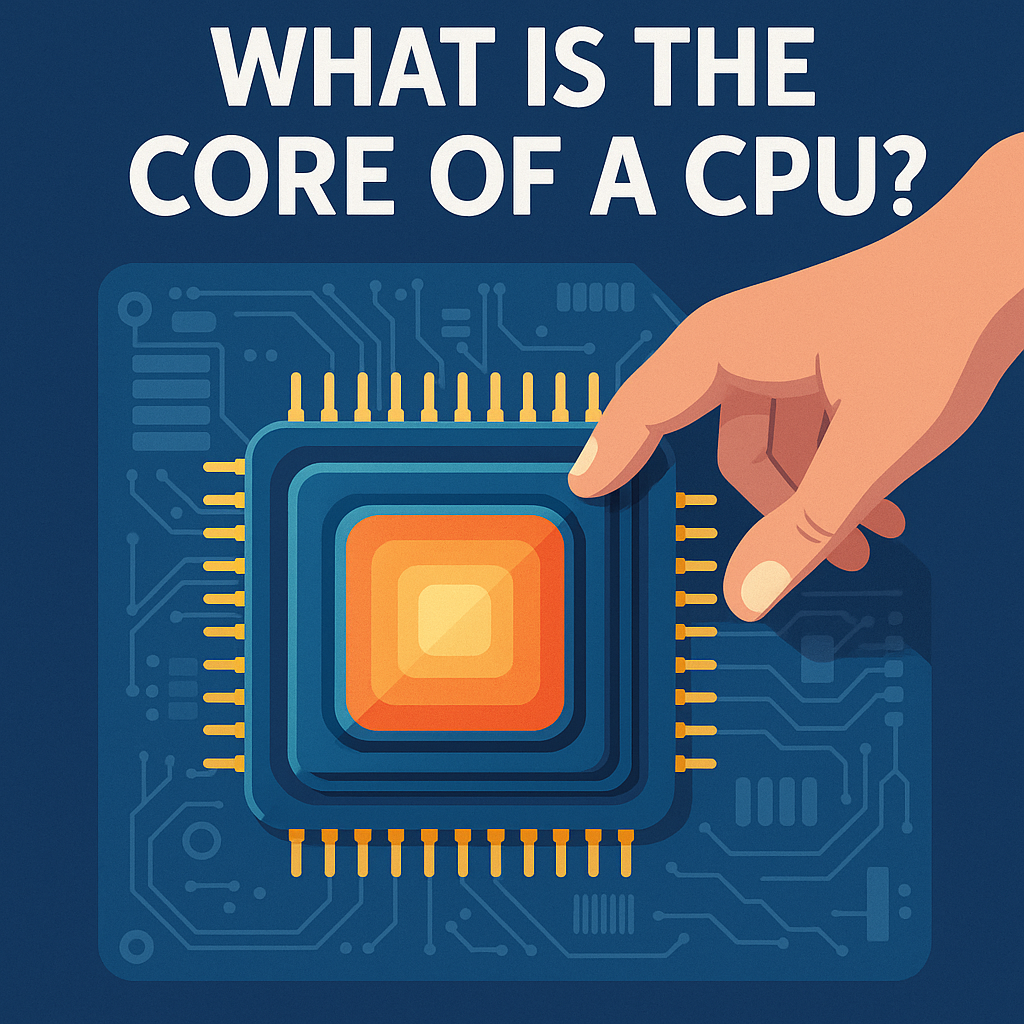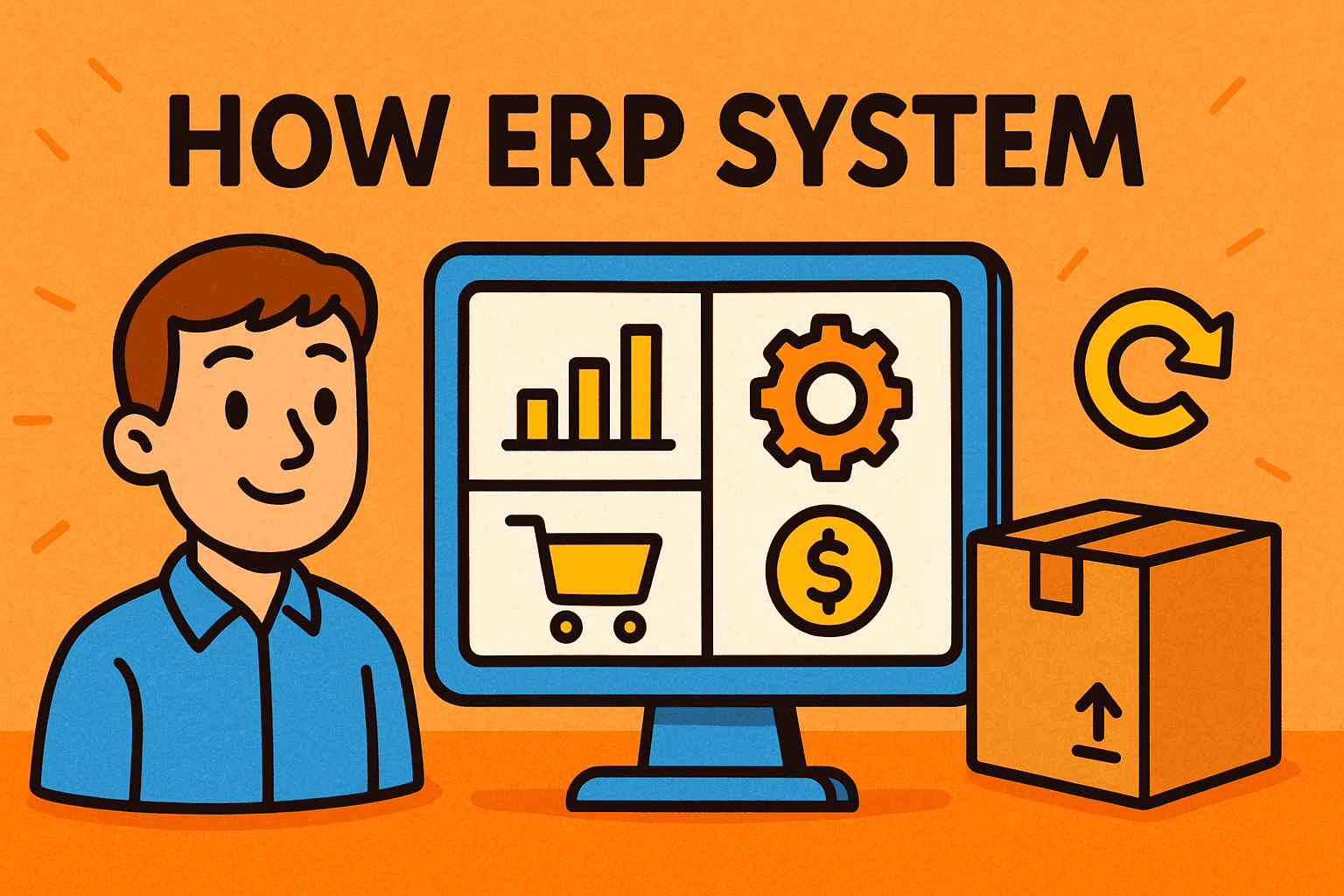What Is iOS? A Deep Dive Into Apple’s Operating System
Updated on June 9, 2025, by Xcitium

What is iOS, and why should IT leaders, cybersecurity professionals, and executives care? iOS is more than just the software behind Apple devices—it’s a secure, performance-optimized ecosystem that influences mobile strategy, endpoint protection, and enterprise workflows.
With Apple devices used by over 1.5 billion users globally, understanding iOS is critical for ensuring digital security, compliance, and mobile productivity.
What Is iOS? Explained in Simple Terms
iOS stands for iPhone Operating System. It is Apple’s proprietary mobile operating system initially developed for the iPhone, and now powers a broad range of devices including:
- iPhones
- iPads (formerly with iOS, now iPadOS)
- iPod Touch (legacy)
- Apple TV (tvOS built from iOS roots)
iOS Operating System Basics:
- Closed Source: Built and maintained solely by Apple
- Touch-Centric UI: Highly optimized for gestures and smooth transitions
- App Store Ecosystem: Exclusive distribution model with strict app review processes
- Security-Focused Architecture: Sandboxing, encryption, and biometric integrations
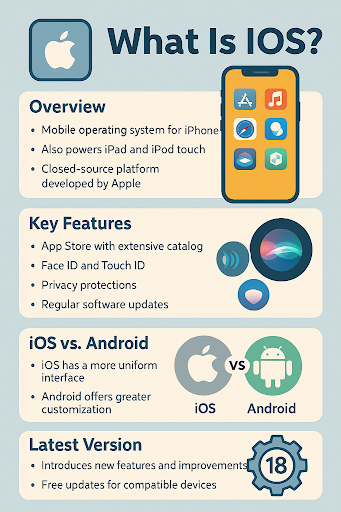
Apple iOS Features That Matter for Security and IT Management
The Apple iOS features are engineered for usability and security—two core needs in corporate environments.
1. Face ID & Touch ID
- Biometric authentication reduces password reliance and strengthens device access.
2. App Sandboxing
- Apps operate in isolated environments, reducing cross-app malware risks.
3. Secure Enclave
- Stores sensitive data like Face ID and passcodes on a hardware-based cryptographic processor.
4. Find My iPhone & Activation Lock
- Prevent unauthorized access or resale of stolen devices.
5. Automatic Updates & Security Patching
- Keeps systems current without user action—crucial for reducing vulnerabilities.
6. Apple Business Manager Integration
- Enables IT teams to deploy and configure devices with zero-touch provisioning.
🔐 Security Fact: iOS has historically shown fewer malware incidents compared to open-source alternatives like Android.
iOS vs Android: A Technical and Strategic Comparison
| Feature | iOS | Android |
| Source Model | Closed | Open source (AOSP) |
| Device Control | Apple-exclusive | Multiple manufacturers |
| Updates | Immediate, unified | Delayed by OEMs |
| App Vetting | Strict | Less regulated |
| Customization | Limited | High |
| Security | Strong encryption, sandboxing | Varies by OEM, more attack surface |
iOS vs Android: Which is Better for Business?
- Choose iOS if: You prioritize security, consistent updates, and tight system control.
- Choose Android if: You need hardware flexibility, customization, or budget-friendly options.
The Latest iOS Version: What’s New?
As of mid-2025, the latest iOS version is iOS 18, announced during WWDC 2024.
Notable iOS 18 Features:
- Apple Intelligence (AI Integration): On-device AI capabilities for summarizing messages, rewriting texts, and scheduling.
- Smarter Siri: Context-aware actions and offline functionality.
- Redesigned Control Center: More customization and automation support.
- Enhanced Privacy Reports: App permissions tracking and data flow transparency.
- Lock Apps with Face ID: Greater control over sensitive content access.
These updates are aligned with enterprise needs—especially around privacy, efficiency, and security visibility.
Why IT Managers and Security Teams Choose iOS
Benefits of iOS in Enterprise Security
- Unified Ecosystem: All Apple devices operate under the same architecture, easing policy enforcement.
- MDM Support: Seamless integration with mobile device management solutions like Jamf, Intune, and Kandji.
- Zero Trust Friendly: Easy implementation of device health checks, identity-based access, and encryption protocols.
- Compliance Readiness: Meets requirements for HIPAA, GDPR, and FedRAMP when properly configured.
Best Practices for Managing iOS Devices in Business
- Use Apple Business Manager (ABM) for device enrollment.
- Enforce encryption and biometrics through MDM settings.
- Restrict third-party app downloads on corporate devices.
- Schedule regular OS updates via MDM.
- Enable Lost Mode and Activation Lock for theft recovery.
- Educate users on privacy settings and social engineering threats.
FAQs: What People Ask About iOS
1. What is iOS?
iOS is Apple’s mobile operating system, powering iPhones and other Apple devices with a focus on security, speed, and user experience.
2. What’s the difference between iOS and Android?
iOS is closed-source, only on Apple devices, with tighter security and updates. Android is open-source, customizable, and runs on various manufacturers’ devices.
3. What’s the latest iOS version?
As of now, it’s iOS 18, featuring Apple Intelligence, redesigned controls, and deeper privacy settings.
4. Can I use iOS devices for business securely?
Yes, iOS devices are enterprise-ready and can be managed via MDM platforms to ensure compliance and data protection.
5. Is iOS safer than Android?
Generally, yes—iOS has fewer malware incidents, faster updates, and stricter app store policies.
Final Thoughts: Why iOS Is a Smart Bet for Security-Conscious Enterprises
Understanding what is iOS is not just for tech enthusiasts—it’s vital for security professionals, IT administrators, and business leaders shaping mobile-first strategies. With its emphasis on privacy, seamless updates, and enterprise readiness, iOS continues to dominate in sectors like healthcare, finance, education, and government.
👉 Request a Demo from Xcitium to Secure iOS Devices Across Your Enterprise Today



